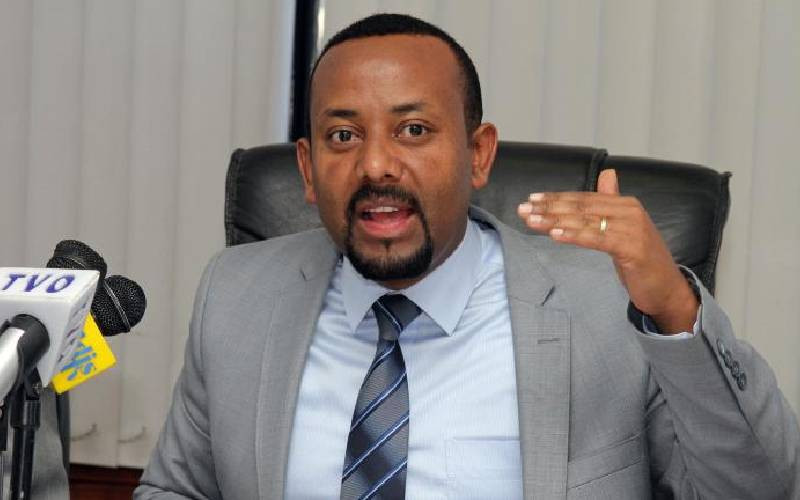×
The Standard e-Paper
Join Thousands Daily

On October 10, 2024, the leaders of Egypt, Somalia, and Eritrea met in Asmara, Eritrea, to discuss perceptions of security threats from Ethiopia. While the perception of Ethiopia as being threat is not new, that feeling intensified when Prime Minister Abiy Ahmed expressed his wish to make Ethiopia a sea power, through the Red Sea or the Indian Ocean.
Ethiopia is a landlocked country, courtesy of late 19th Century European competition for land grabbing in Africa, which curtailed Menelik II's imperial ambitions.